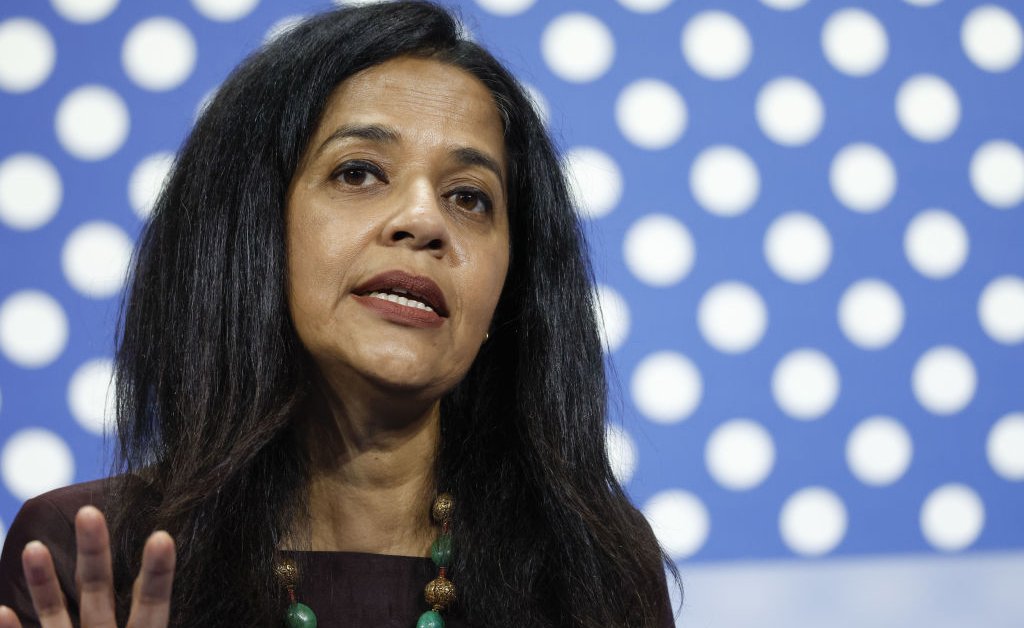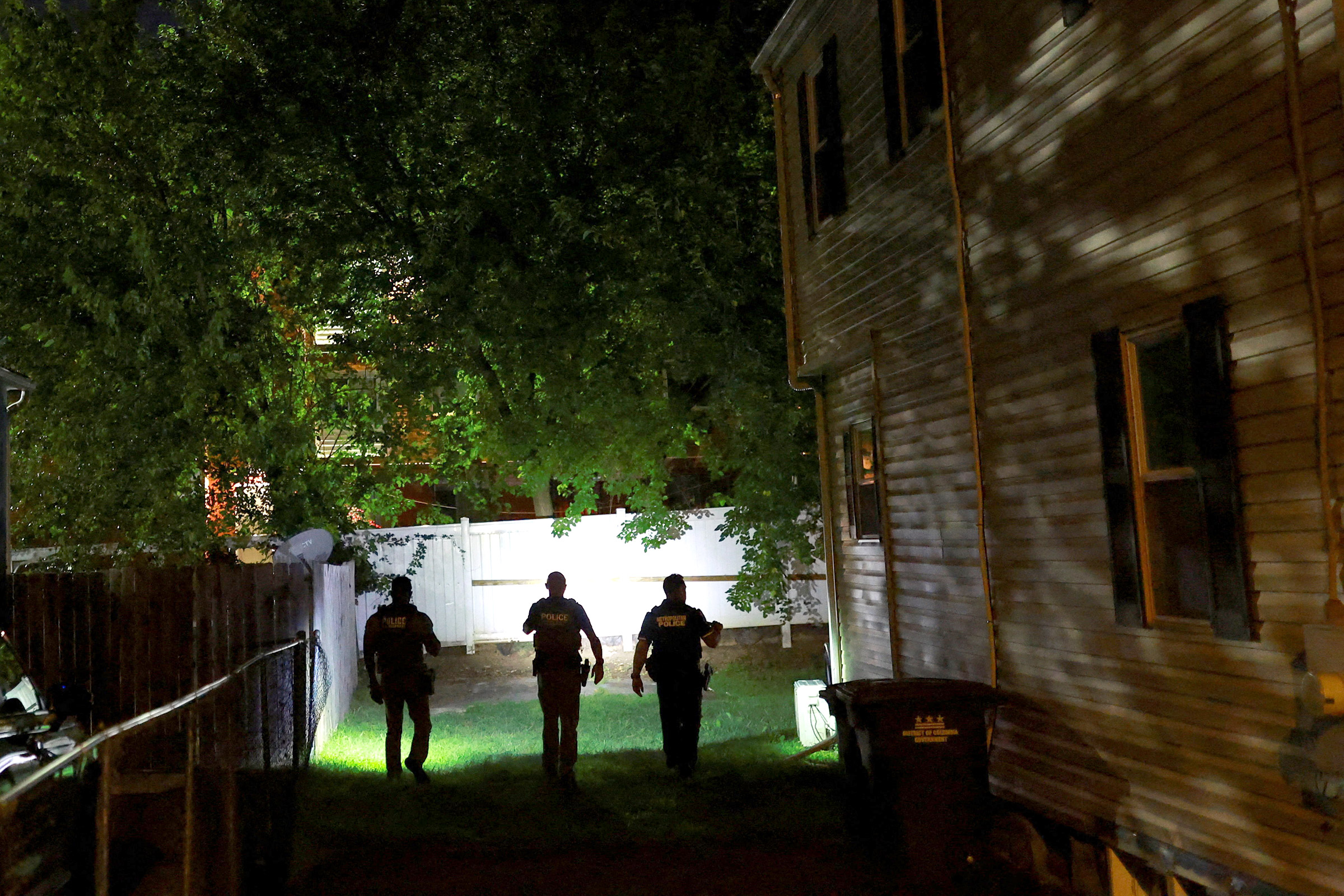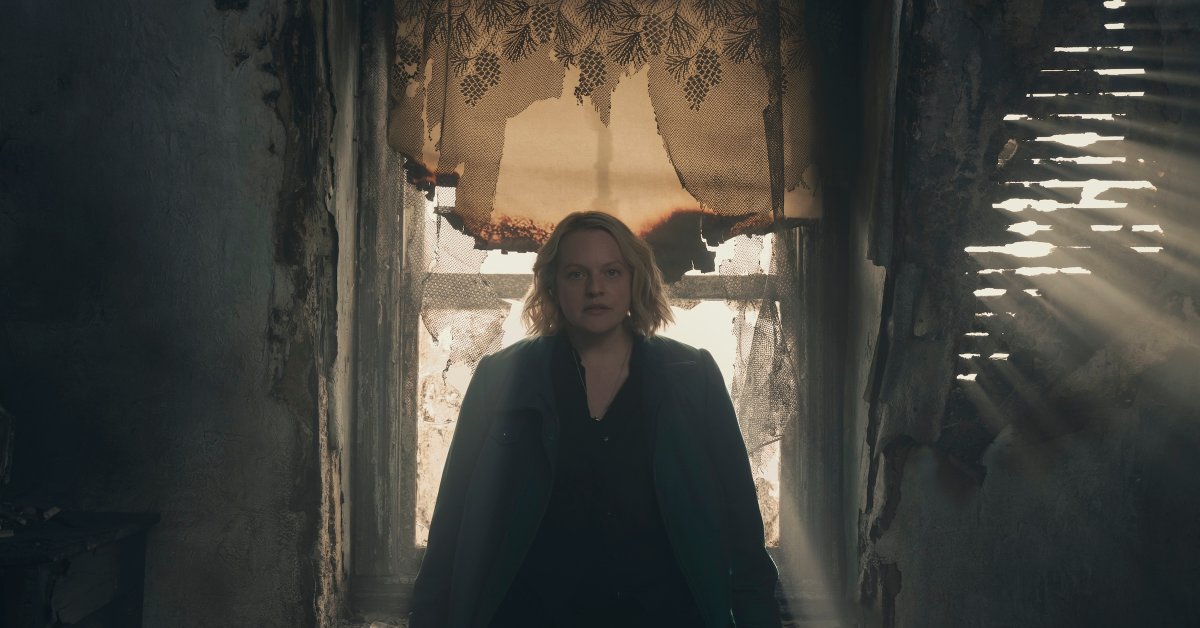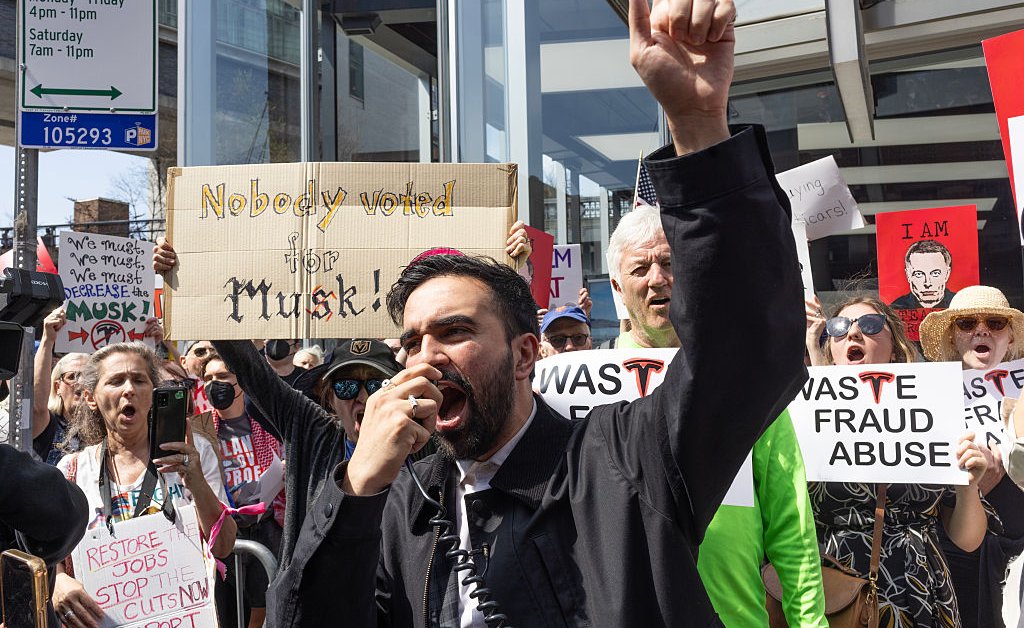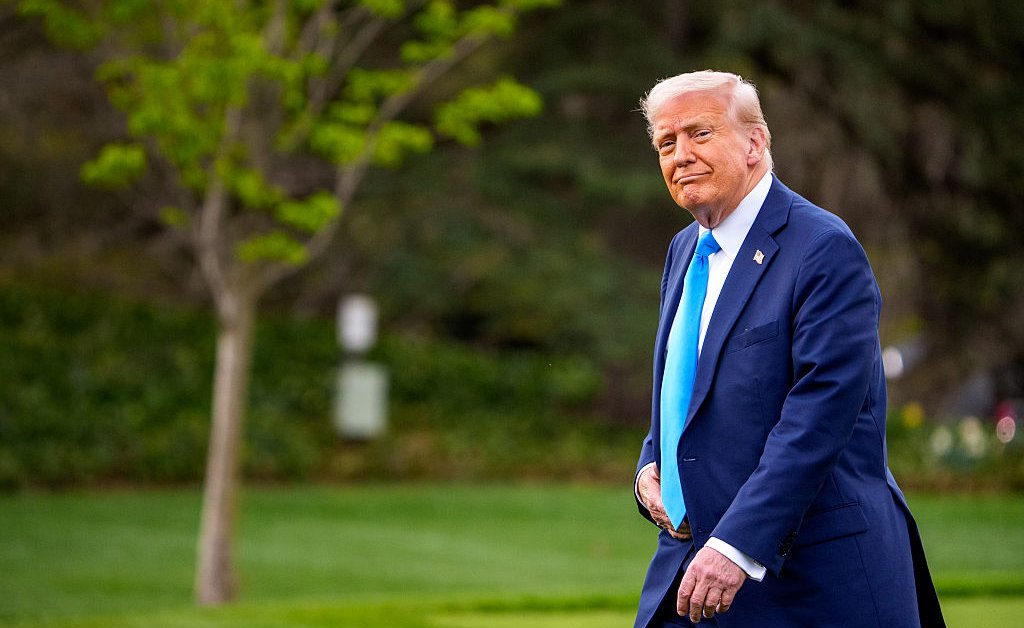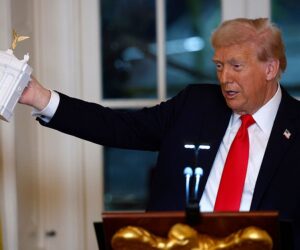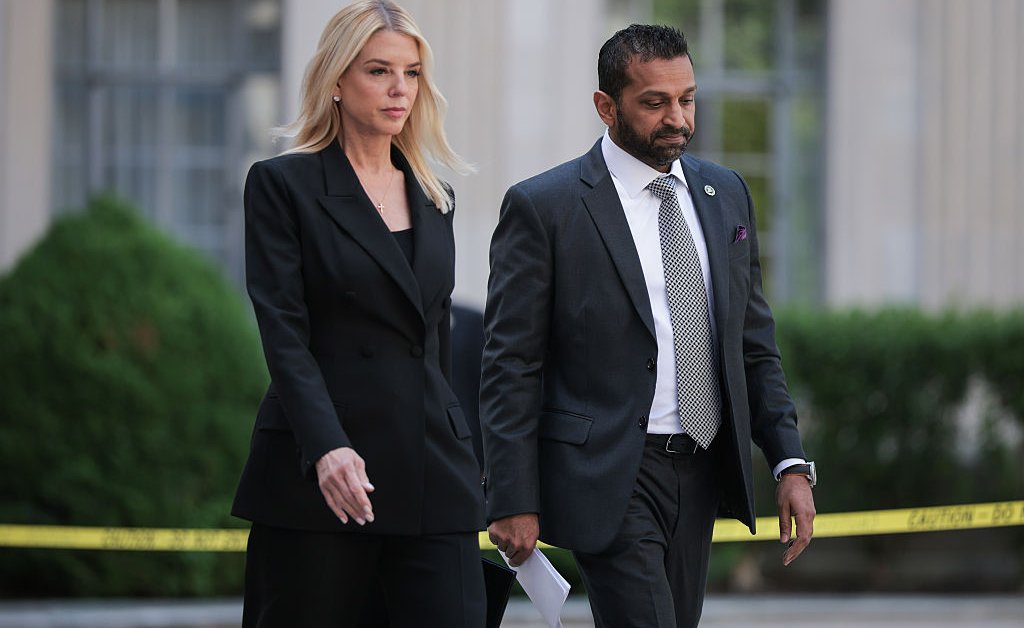It was a familiar routine for me as a CEO—pack a bag, attend a full schedule of meetings, get on a plane. I was heading to India to see my mom. After that, I was supposed to travel to other Asian countries for business and then enjoy an annual girls’ trip. But as I settled into my seat, my hand brushed against an unfamiliar lump in my breast.
Over the next several hours, my mind raced through possible scenarios and what to do next should my instincts prove accurate. I was in the air, traveling to a country where I didn’t have access to my primary care team and needed answers. What followed was a whirlwind of appointments in both India and the U.S., tests, and sleepless nights. Soon after, I heard the words no one ever wants to hear, “I am sorry. You have breast cancer.”
In that moment, it felt like my world stopped.
An estimated 1 in 5 people worldwide will develop cancer in their lifetime. A diagnosis like cancer doesn’t recognize borders, titles, or whether you’re running a business, raising a family, or retired. It’s also nearly impossible to find anyone who hasn’t been affected by this disease. When you are on the receiving end of life-changing news, it feels like time should freeze, but the world keeps turning.
I knew I was heading into the unknown. I was reminded by my family that I had traveled into unknown territory many times before. When I stepped into the CEO role at Flex, I’d had to quickly learn, assess the challenges and opportunities in front of me, and set a clear path forward for the company. With my new diagnosis, I had to educate myself about my cancer, assess my treatment options, and determine the best path forward with my care team.
But still, this felt different. After a few days of being in a dark place, I pulled myself out. I decided to keep working.
My decision was personal. I needed the world to keep turning, because like so many on this journey, I refused to let cancer upend my life. I knew that part of my treatment and healing path would be to remain engaged in all areas of my life. For me, this also meant continuing to do what I was passionate about. This was to work and lead my team.
My philosophy has always been to live holistically. It never made sense to keep different parts of myself separate. My family, friends, work, and personal goals all blend. Each of these areas of my life plays a key role and contributes to my sense of purpose and normalcy, grounding me, especially when everything feels unsettled.
My cancer diagnosis came during a pivotal time for my organization—and indeed, for the entire AI sector. Since 2019, we have been reshaping Flex from a company primarily known for mass-market consumer manufacturing to focusing our efforts on building the backbone of AI, healthcare, and other high-value technologies. The market was beginning to see our readiness to support the growing demand for AI infrastructure, and I was energized to lead the company through this exciting next wave of growth.
Once the initial shock of my diagnosis had settled, I approached our leadership team and board of directors. We collectively committed that Flex would continue to perform at the highest level as I went through my treatment, while continuing to work. They all became vital to my healing journey.
What followed was a tough year of endless hospital visits, chemotherapy sessions, and surgeries. At times, it was incredibly challenging to juggle all my roles. Battling cancer and being CEO are two extraordinarily difficult journeys individually. I still recall the week I underwent chemotherapy on a Friday and endured the lingering side effects as I prepared for an earnings call on Wednesday. What motivated me was a deep sense of responsibility to honor my commitments as a leader and to maintain our team’s momentum. More than that, I was determined to lead with resilience and not to let cancer define my limits or derail what I and others had worked so hard to build.
Despite my health challenges, it was an exciting time. Our company strategy was working, and we closed out our last fiscal year with record results for the sixth year in a row. I was proud to see our team’s relentless dedication, resilience, and execution pay off. Seeing our employees’ commitment made me even more determined to be the leader they deserved and to beat my cancer.
I would be dishonest if I didn’t say that there were many days that many of the words people used to describe me—“strong,” “warrior,” “fighter”—felt empty. Chemotherapy is an aggressive treatment that demands a great deal of mental and physical stamina.
Over the course of my journey, I realized that asking “Why me?” was pointless. A better question is “Why not me?” After all, 1 in 8 women in the U.S. will be diagnosed with breast cancer in their lifetime. Most of these women are juggling children, work, and a very difficult treatment regimen. My choices seemed simpler than those of so many of these incredible women.
I am also acutely aware that unlike others, I’ve been very lucky. Recently, I was declared cancer-free thanks to modern medicine and my incredible care team at Stanford Hospital. I was fortunate to have the resources I needed to fight this disease with everything I had.
I would be remiss if I didn’t acknowledge the incredible amount of love surrounding me throughout my healing journey. My son Pranav proved to be a compassionate and thoughtful listener. My daughter Lakshmi filled our house with laughter even when the days were heavy. And my husband Jeevan showered me with the endless care, patience, and love that has remained a constant throughout our marriage. Our extended family, friends, and the incredible people I get to work with made up my village.
Adding “cancer survivor” to my identity has transformed my life, revealing lessons about gratitude. It reinforced my belief in showing up as our whole selves—as a wife, mom, daughter, sister, friend, and a leader. Cancer support groups also taught me about resilience and strength from others battling this disease. I have a newfound passion for supporting others as they navigate difficult medical journeys. There are many ways to show support and be a lifeline for others.
Looking back, my cancer diagnosis and path to healing didn’t weaken me as a leader. Instead, it gave me more clarity as I step into this next chapter with gratitude, purpose, and a new hairdo styled by chemotherapy. It helped me understand how important it is to keep moving along your own best path as the world keeps turning, embrace the unknowns, acknowledge the power of a village created from every corner of your life, and remain resilient as you face that weekly or even year-long challenge.

